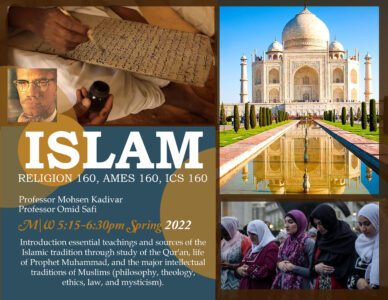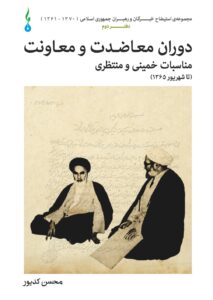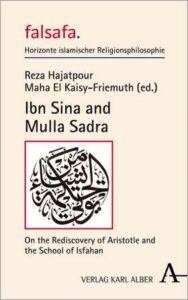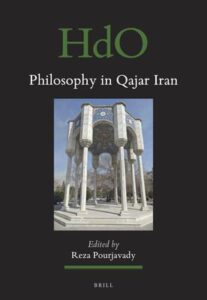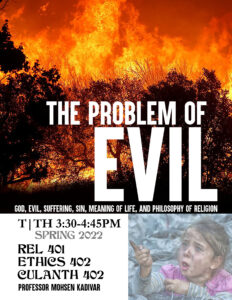
The Problem of Evil
Spring 2022 Course: This is an introduction to the problem of evil that examines writings from ancient to present. ‘The problem of evil’ as the challenge of reconciling the existence of an absolutely perfect being (Omnipotent, Omniscient, and omnibenevolent God) with the existence of evil, suffering and sin has been one of the greatest problems of intellectual. The epistemic question posed by evil is whether the world contains undesirable states of affairs that provide the basis for an argument that makes it unreasonable to believe in the existence of God.


